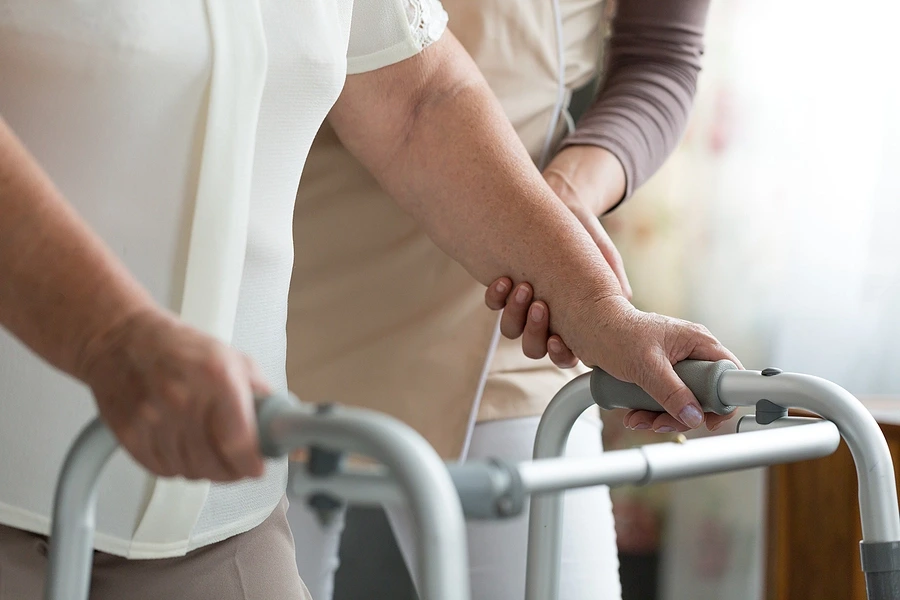Understanding the Legal Protections for Individuals Injured in Nursing Homes in South Carolina

When a loved one moves into a nursing home, families expect they will receive proper care and respect. Unfortunately, injuries and neglect in nursing homes can and do happen. For those harmed in these settings, knowing your legal rights is essential to ensure accountability and protect the well-being of the injured individual.
Common Types of Injuries and Abuse in Nursing Homes
Injuries in nursing homes can result from neglect, poor care, or intentional harm. Some frequent examples include:
-
Physical abuse such as hitting, pushing, or improper restraints
-
Neglect leading to bedsores, dehydration, malnutrition, or infections
-
Medication errors causing serious side effects or complications
-
Falls due to unsafe conditions or inadequate supervision
-
Emotional or verbal abuse, which can affect mental health
Recognizing these types of harm is important. Injuries that seem accidental may be signs of neglect or systemic problems at the facility.
South Carolina Laws Protecting Nursing Home Residents
South Carolina has laws designed to safeguard nursing home residents and promote quality care. These include:
-
The South Carolina Nursing Home Act, which sets standards for care and residents’ rights
-
The South Carolina Adult Protection Act, which requires reporting of abuse or neglect
-
Federal laws such as the Nursing Home Reform Act, which apply alongside state rules
These laws establish residents’ right to dignity, appropriate medical care, and protection from abuse. They also require nursing homes to maintain a safe environment and properly train their staff.
Rights of Injured Nursing Home Residents
If a nursing home resident suffers an injury, they retain legal rights just like anyone else. These rights include:
-
The right to receive medical treatment for injuries caused by negligence or abuse
-
The right to be free from further harm and unsafe conditions
-
The right to report abuse without fear of retaliation
-
The right to have family members involved in care decisions
-
The right to seek compensation through a legal claim if harm was caused by negligence
Knowing these rights empowers residents and families to take action when something goes wrong.
Who Can Be Held Responsible for Nursing Home Injuries
Liability for injuries in nursing homes can rest with various parties, depending on the situation. Potentially responsible parties include:
-
The nursing home facility itself for failing to maintain safe conditions
-
Individual staff members who caused harm through abuse or neglect
-
Medical providers who made serious errors in treatment
-
Contractors or third-party providers working within the facility
Proving liability often requires gathering evidence that shows how the injury happened and who was at fault.
The Importance of Reporting Injuries and Abuse
South Carolina law requires anyone who suspects nursing home abuse or neglect to report it. Reports can be made to the South Carolina Department of Health and Environmental Control (DHEC), Adult Protective Services, or law enforcement.
Prompt reporting helps protect the injured individual and others who might be at risk. It also triggers investigations that may improve care at the facility.
Families should keep detailed records of injuries, conversations with staff, and any evidence of neglect or abuse. Documentation can be crucial for legal claims and official complaints.
Steps to Take After an Injury in a Nursing Home
If you believe a loved one has been injured in a nursing home, there are several key steps to follow:
-
Seek medical care immediately to treat the injury and document its severity.
-
Notify the nursing home administration about the injury and ask for an incident report.
-
Take photographs of visible injuries and the environment where the injury occurred.
-
Keep a journal of symptoms, treatments, and communications with staff.
-
Report suspected abuse or neglect to the appropriate authorities.
-
Consult a personal injury attorney experienced in nursing home cases for advice.
Acting quickly can preserve important evidence and increase the chances of a successful claim.
Filing a Legal Claim for Nursing Home Injuries
In many cases, injured residents or their families can pursue a personal injury or wrongful death claim against the nursing home or responsible parties. Such claims seek compensation for:
-
Medical expenses related to the injury
-
Pain and suffering endured by the resident
-
Costs of rehabilitation or ongoing care
-
Loss of companionship or emotional distress
Filing a claim often involves complex legal rules and deadlines. A skilled lawyer can evaluate the facts, gather evidence, and negotiate or litigate on behalf of the injured person.
Challenges in Nursing Home Injury Cases
Nursing home injury claims can be difficult. Facilities and insurance companies may deny responsibility or downplay the harm. Proving negligence requires detailed proof and expert testimony.
Families may also face emotional stress and the challenge of confronting a trusted care provider. That’s why legal guidance is critical to navigate the process and protect the resident’s interests.
Protecting Yourself and Your Loved Ones
Preventing injuries in nursing homes starts with careful selection and monitoring. Families should:
-
Research the facility’s history and inspection reports
-
Visit regularly and observe care practices
-
Communicate openly with staff and management
-
Report any concerns about care immediately
Being vigilant can reduce the risk of harm and improve the quality of life for residents.
Conclusion
Injuries in nursing homes are serious and require prompt attention. South Carolina law provides protections and avenues for recovery, but these rights are only effective when families know how to assert them. If you suspect a loved one has been harmed in a nursing home, take immediate steps to ensure their safety and consult a qualified attorney.
Holding negligent parties accountable not only helps the injured individual but also promotes safer conditions for all nursing home residents. Being informed is the first step toward justice and improved care.
